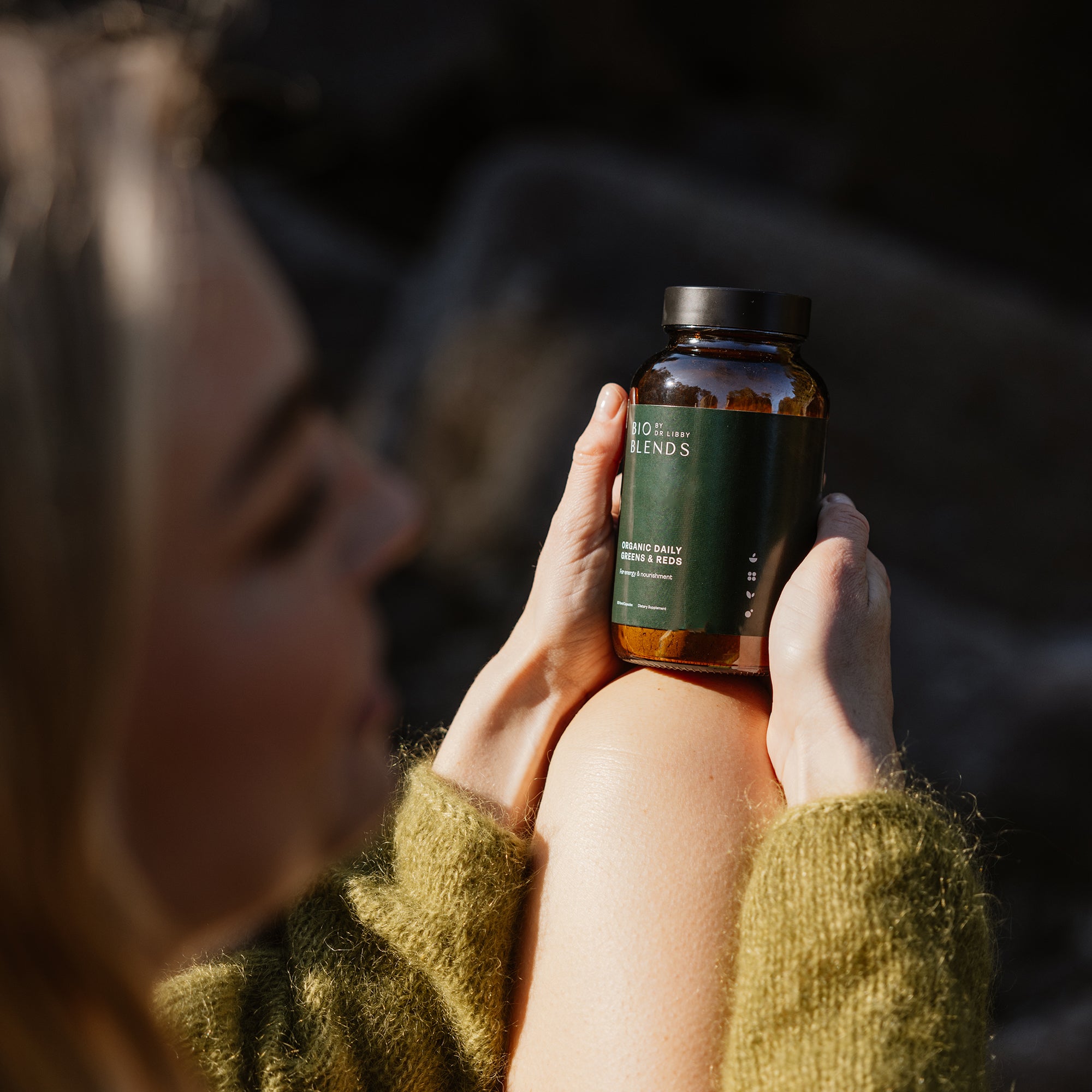Article: Are you suffering from hot flushes? This might help

Are you suffering from hot flushes? This might help
Whether it’s drenching the sheets at night, melting at work or making sure you never leave the house without a facecloth, hot flushes can leave a woman feeling at the mercy of the changes occurring within her body.
But, why do they happen?
Hot flushes can be the body’s response to declining estrogen levels.
When our hormones are balanced leading into menopause, we would expect to see a gentle transition with few symptoms and little to no suffering. Unfortunately today, too many women tend to nose-dive into menopause with already unbalanced hormones, often due to years and years of high stress. This is often what sits at the heart of suffering with menopause symptoms such as hot flushes.
So, how do you prevent or ease hot flushes?
The best way to prevent hot flushes is to take steps to balance your hormones before you hit menopause.
However, for many women, it’s not until they’re experiencing symptoms like hot flushes, that they realise their hormones could have used some support for some time.
If you’re already transitioning through menopause and suffering with hot flushes, the best way to begin to alleviate these is to do everything you can to support your liver. The liver has extra tasks on its plate when estrogen levels start to alter and the generation of heat can be a sign that we need to decrease the liver’s to-do list by giving it less to work on, while also increasing our intake of substances it loves, many of which are found in green leafy vegetables and other bitter foods and herbs. You may find Liver Love to be supportive through this time.
The second thing that can make a major difference is to lower your output of stress hormones.
And while this might feel impossible, remember it’s a series of tiny steps that will help to lower them. So think about what small changes you can make to your hour, day and week to reduce your output of stress hormones.
It might be taking more regular breaks during the day, turning down a couple of social engagements in favour of early nights, or working out ways to delegate tasks in as many areas of your life as possible.
You may also like to take these additional steps to support yourself during this time:
- Consider how you feel after consuming alcohol (how you sleep for example) and if you have noticed an increased sensitivity to it, reduce your intake or have a break completely for a period of 4 weeks and notice how you feel
- Increase your intake of vegetables and really make an effort here, particularly the green leafy superstars, as they play a major role in the way the liver handles estrogen
- Carve out time for some gentle restorative practices such as tai chi, Stillness Through Movement, yoga or gentle walking
- Make an appointment with yourself each week (or a few days a week if you can). Do something you love whether that is catching up with someone you treasure, reading, or not planning anything and seeing how you feel at the time. We keep appointments with others – we need to do the same for ourselves. A sense of spaciousness can really help with the calm your body experiences.
Remember, hot flushes are your body’s way of talking to you, of letting you know where it might need additional support.
Do your best not to judge this response and instead find ways to incorporate your body’s needs into your lifestyle.



